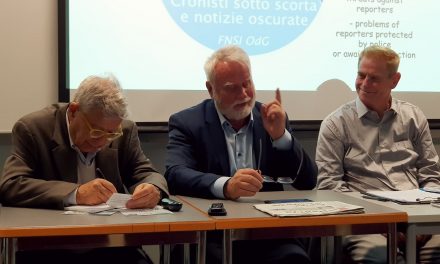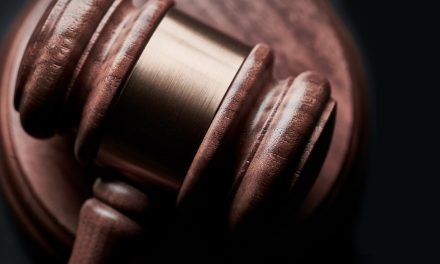Sophie in ‘t Veld is the Vice-chair of the European Parliament’s Committee on Civil Liberties, Justice and Home Affairs and Dutch Rep belonging to the Alliance of Liberals and Democrats for Europe
Interview for the Political Aspects study of the initiative on impunity and the rule of law, 7/4/2011, (Highlighted in bold are passages cited in the Political Aspects Study)
- On the EU’s record of seeking to protect press freedom and the rights of journalists within the EU
In the EU, although we have the treaties and the Charter of Fundamental Rights, and all those principles have been laid down in all sorts of documents, we don’t really have the legal instruments to tackle concrete situations within the Member States. When a country is applying for membership of the European Union it has to meet certain standards, but as soon as it is a member we don’t really have adequate legal instruments to protect media freedom.
The European Parliament’s Civil Liberties committee is made up of politicians from different political parties who have very different political views. And some feel that the EU has no competence in this area.
We are currently trying to get the Civil Liberties Committee to elaborate a proposal for a directive that would contain safeguards for media freedom, at European level rather then at national level. Member States have their own laws and some are better than others; clearly the Hungarian one was not adequate, and a couple of others are not adequate. What is important is to lay these principles down in a European directive so that the Commission can intervene if media freedom is under pressure in a member state. It is an anomaly that we almost set higher standards for candidate countries than we do for EU member states. So we need instruments to monitor and protect media freedom.
We have decided in the light of the discussions around the Hungarian Media Law to request the Fundamental Rights Agency to issue an annual report on the state of media freedom in the member states. That is not legislation, it is just a report, but it will allow us to monitor the situation and to have a debate, to demonstrate that there may be a need for European standards and a European directive.
- On the EU’s record in raising issues of the safety of journalists and press freedom with third countries
With Russia, of course, the EU is fairly timid. I think at the time of the German presidency [of the EU in 2007]– Mrs Merkel was fairly clear and outspoken to Mr Putin, but others are a lot more timid. There is frustration within the European Parliament that these issues are not raised in a more outspoken way. I must say also, as a Liberal, there is also a concern of left and right bias, for example left-wing parties always find it very difficult to criticise Russia, or Cuba, or China; and there are right wing parties that find it difficult to criticise right-wing governments, so there is always a certain bias.
When it comes to [speaking out on] the killings of journalists and impunity for murder, I feel that the EU has a responsibility in this field, but it is part of our foreign policy, and foreign policy is still officially a member state competence. We have the High Representative for Foreign Affairs and Security policy, Lady Ashton, and [the President of the European Council Hermann] Von Rompuy, and there is [Commission President] Barroso, and the foreign ministers of the member states; so there are many people involved in this, and they all have their own staff and their own objectives and priorities in their foreign policies.
Posted: 6 June 2009




